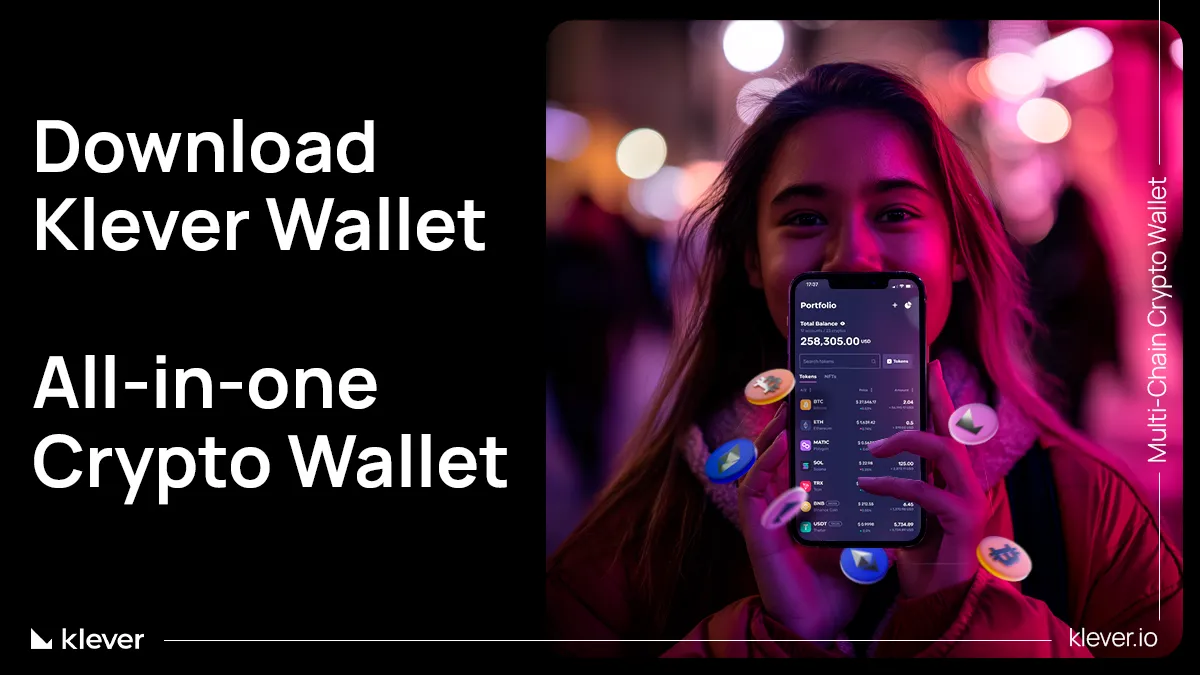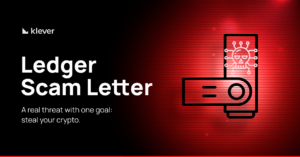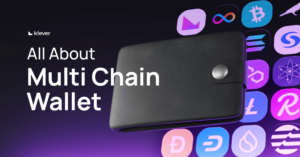
Ethereum has transformed the way we think about blockchain technology, decentralized applications (dApps), and digital finance. Unlike traditional cryptocurrencies that focus solely on transactions, Ethereum is a programmable blockchain that allows developers to build and deploy smart contracts, revolutionizing industries from finance to gaming and supply chain management.
But what makes Ethereum powerful? How does it handle security, scalability, and interoperability? And what are the principal protocols launched, such as The Merge, Shanghai-Capella, Dencun Upgrade, Pectra Upgrade and more?
In this guide, we’ll break down Ethereum’s core technology, incentive mechanisms, consensus model, and future roadmap, giving you a technical yet clear understanding of how Ethereum works beyond just being a cryptocurrency. Whether you’re a developer, investor, or enthusiast, this guide will help you understand Ethereum’s past, present, and future innovations.
Main Information About Ethereum
| Ticker | ETH |
| Category | Decentralized platform for smart contracts and (dApps) |
| Founders | Vitalik Buterin, Gavin Wood, Jeffrey Wilcke |
| Blockchain | Ethereum Blockchain |
| Maximum Blockchain TPS | ~30 |
| Consensus Mechanism | Proof of Stake (PoS) |
| ICO Date | July, 2014 |
| Maximum Supply | Unlimited |
| Chain Explorer | https://etherscan.io/ |
Introduction to Ethereum
Ethereum, launched in 2015 by Vitalik Buterin, is a decentralized, open-source blockchain platform that enables developers to build and deploy smart contracts and decentralized applications (dApps). Unlike Bitcoin, which primarily serves as a digital currency, Ethereum’s blockchain functions as a global, decentralized computer capable of executing code. This capability has positioned Ethereum as a foundational technology for various applications beyond simple transactions.
The Ethereum network runs on the Ethereum Virtual Machine (EVM), which is a system that processes transactions and runs smart contracts. The EVM makes sure that all computers (nodes) in the network follow the same rules and run the code correctly. This helps keep the blockchain safe and reliable.
At the heart of Ethereum’s functionality is its native cryptocurrency, Ether (ETH). Ether serves some purposes within the network:
- Gas Fees: When you make a transaction or use a smart contract on Ethereum Virtual Machine (EVM), you need to pay a fee in Ether. This fee goes to the validators who process and confirm your transaction. The cost depends on how much computing power is needed. If the network is busy, fees go up because more people are trying to get their transactions processed first. Validators have limited space in each block, so they prioritize transactions with higher fees.
- Incentive Mechanism: Is designed to ensure the network remains secure, decentralized, and efficient by rewarding participants who contribute to transaction validation, network security, and smart contract execution. Ethereum’s Proof-of-Stake (PoS) consensus model and its gas fee structure play crucial roles in incentivizing validators, developers, and users.
Who is Behind Ethereum?
Ethereum was conceived by programmer Vitalik Buterin in late 2013. Buterin, a co-founder of Bitcoin Magazine, proposed Ethereum as a platform to build decentralized applications using smart contracts – we will talk more about it in the Key Features of Ethereum.
He was joined by several co-founders, including Gavin Wood, who authored the Ethereum Yellow Paper and formalized the Ethereum Virtual Machine (EVM). Charles Hoskinson contributed to early development before later founding IOHK, the company behind Cardano. Anthony Di Iorio provided initial funding, while Joseph Lubin helped establish the Ethereum Foundation and later founded ConsenSys. Mihai Alisie played a role in structuring the organization, and Amir Chetrit was involved in the early stages. Jeffrey Wilcke also contributed to development efforts.
Why was Ethereum created?
Vitalik Buterin created Ethereum to address limitations that he observed in Bitcoin’s scripting language, aiming to build a more versatile platform for decentralized applications (dApps). Buterin envisioned Ethereum as a decentralized platform that would enable developers to create a wide array of applications beyond digital currency, such as decentralized finance (DeFi) platforms, non-fungible tokens (NFTs), and more. We will discuss its protocols in more detail below.
This vision has been realized, as Ethereum now serves as a global, decentralized platform for money and various applications, allowing users to write code that controls money and build applications accessible worldwide
The Ethereum Ecosystem
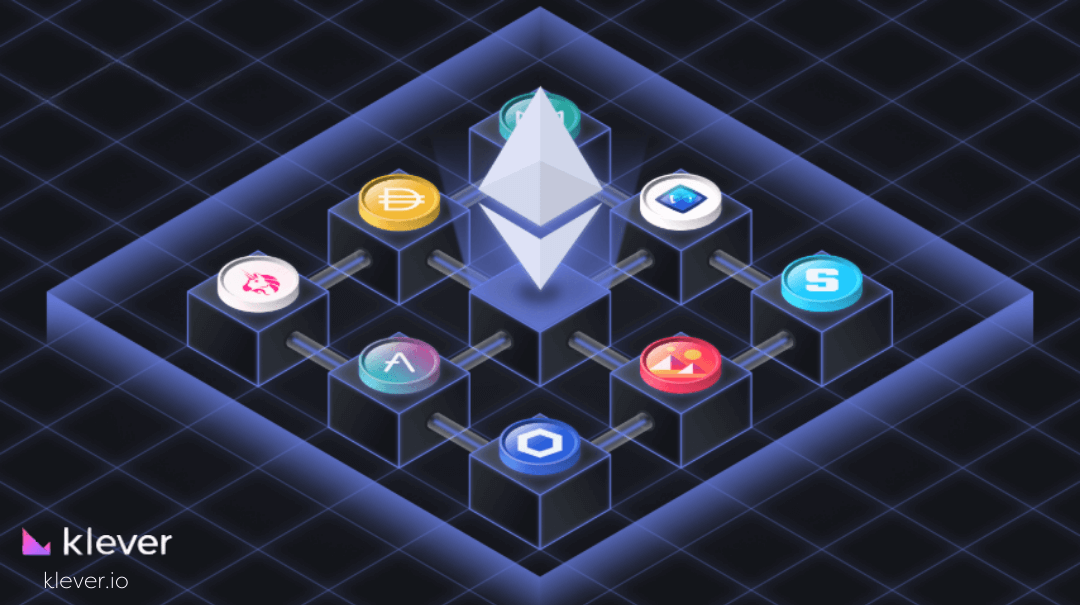
The Ethereum ecosystem encompasses a diverse array of projects, tools, and services that leverage the Ethereum blockchain. This ecosystem includes:
- Decentralized Finance (DeFi): Platforms that provide financial services like lending, borrowing, and trading without banks or middlemen. In 2024, DeFi has grown a lot, with more than $100 billion locked in different DeFi projects.
- Non-Fungible Tokens (NFTs): Unique digital assets representing ownership of a specific item or piece of content, such as art, music, or virtual real estate. The NFT market has seen explosive growth, with sales exceeding $10 billion in 2024.
- Layer 2 Solutions: Technologies built on top of the Ethereum blockchain to enhance scalability and reduce transaction costs. Notable Layer 2 solutions include Optimism, Arbitrum, and zkSync, which have collectively processed billions of dollars in transactions in 2024.
Layer 2 Solutions
To address the scalability challenges and high gas fees on Ethereum, Layer 2 solutions have been developed. These solutions operate on top of the Ethereum blockchain (hence “Layer 2”) and handle transactions off-chain before settling them back on the Ethereum mainnet. This reduces the burden on the Ethereum main chain, improving scalability, and reducing transaction costs.
Popular Layer 2 solutions
- Optimistic Rollups (Arbitrum, Optimism): Bundle transactions off-chain, assuming validity unless fraud is proven.
- zk-Rollups (zkSync): Use zero-knowledge proofs to verify transactions instantly, improving speed and scalability.
Both solutions enhance Ethereum’s capacity, making decentralized applications faster and more affordable.
Key Features of Ethereum
Ethereum is powered by a decentralized network of computers that work together to process transactions and run applications. Unlike traditional systems, Ethereum does not rely on a central authority. Instead, it uses blockchain technology to ensure security, transparency and trust.
Smart Contracts
Smart contracts are self-executing programs on the Ethereum blockchain that run automatically when conditions are met. Written in Solidity, they are processed by Ethereum’s virtual machine (EVM), ensuring security and immutability.
Imagine a vending machine. You insert money and choose a snack. If the right amount is inserted, the machine automatically gives the selected item without needing a cashier. Similarly, instead of cash, people send digital items. If the conditions are met, the system automatically completes the agreement. No need for a middleman—everything is secure and runs on its own.
ERC-20
The ERC-20 standard is one of the most used standards for creating and issuing tokens on the Ethereum blockchain. It defines a set of rules that must be followed by a smart contract in order for it to be considered an ERC-20 token. These rules ensure that all tokens built using the ERC-20 standard can interact seamlessly with the Ethereum ecosystem, including wallets, exchanges, and other decentralized applications (dApps).
This ERC-20 contract includes the following key functions:
- Transfer: Allows a user to send tokens to another address.
- Approve: Allows a user to approve a third-party (spender) to transfer a specified amount of tokens on their behalf.
- TransferFrom: Allows the spender to transfer tokens on behalf of the owner, given that the owner has approved the transfer.
ERC-20 tokens are a key part of Ethereum and are used in many crypto projects, fundraising events, and digital assets. They work with different apps, exchanges, and wallets, making them easy to use for many purposes.
Ethereum´s Use Cases
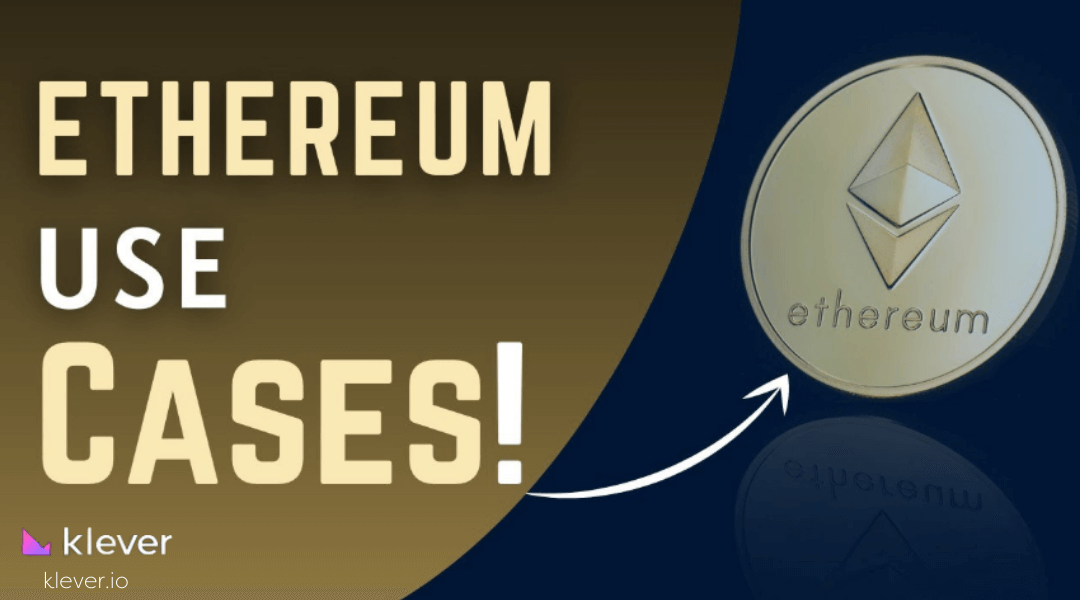
Ethereum is a decentralized platform that enables the creation and execution of smart contracts and decentralized applications (dApps). Its versatility has led to a wide array of use cases across various industries:
- Decentralized Finance (DeFi): Ethereum facilitates an alternative financial system without traditional banks, offering services like lending, borrowing, and investing through decentralized platforms.
- Stablecoins: These are cryptocurrencies pegged to stable assets like the U.S. dollar, providing price stability and enabling more predictable transactions.
- Non-Fungible Tokens (NFTs): Ethereum allows for the creation of unique digital assets, representing ownership of items such as art, real estate, or collectibles.
- Decentralized Autonomous Organizations (DAOs): These are organizations governed by smart contracts, enabling new ways to coordinate work without centralized control.
- Decentralized Applications (dApps): Developers can build applications on Ethereum that operate without intermediaries, offering services like gaming, social networking, and more.
- Decentralized Identity: Ethereum supports the creation of decentralized identity systems, allowing users to manage their own identities without relying on centralized authorities.
- Supply Chain Management: By utilizing smart contracts, Ethereum can enhance transparency and efficiency in supply chains, tracking goods from origin to consumer.
- Real Estate Tokenization: Physical assets like real estate can be tokenized on Ethereum, making it easier to buy, sell, or trade fractional ownership.
- Voting Systems: Ethereum’s secure and transparent infrastructure can be used to develop tamper-proof voting platforms, ensuring integrity in elections.
- Gaming and Virtual Worlds: Developers are creating games and virtual environments where in-game assets are owned by players and can be traded or sold.
Interoperability: Ethereum and Other Blockchains
Interoperability is the ability of different blockchains and protocols to communicate and exchange data seamlessly. Ethereum has made strides toward achieving interoperability with other blockchain platforms, allowing for the exchange of value and data across networks. Some prominent interoperability solutions include Polkadot and Cosmos.
- Polkadot helps different blockchains connect and work together using its relay chain and parachains. Ethereum can interact with other blockchains in the Polkadot network through bridges, allowing assets and data to move between them. This makes decentralized applications (dApps) more useful and helps Ethereum handle more transactions efficiently.
- Cosmos: Cosmos connects different blockchains using the Inter-Blockchain Communication (IBC) protocol. This allows Ethereum to work with Cosmos-based blockchains through bridges, making it possible to transfer tokens and data between them. With this connection, Ethereum-based assets can be used in other decentralized apps within the Cosmos network.
*Bridges are vital for ensuring interoperability between Ethereum and other blockchains. These are smart contracts that facilitate the secure transfer of assets or data between different blockchain networks. They lock assets in one blockchain and issue corresponding assets in another, ensuring that users can seamlessly move their tokens across ecosystems without relying on a centralized authority.
Major Protocol Updates of Ethereum
Ethereum’s evolution has been marked by several pivotal upgrades that have significantly influenced the blockchain landscape. Here are five of the most transformative changes:
EIP-1559 and the London Upgrade
In August 2021, Ethereum introduced the London Upgrade, which improved transaction fees and user experience. EIP-1559 changed how fees work by setting a base fee that adjusts with network demand, making gas costs more predictable. Instead of sending fees to miners, the base fee is burned, reducing the total supply of Ether over time.
The Merge
In September 2022, Ethereum transitioned from a proof-of-work (PoW) to a proof-of-stake (PoS) consensus mechanism, significantly reducing energy consumption and enhancing network security. The Merge combined Ethereum’s execution layer with the Beacon Chain’s PoS consensus layer, replacing energy-intensive mining with a staking system where validators secure the network by staking Ether (ETH). This transition reduced Ethereum’s energy consumption by approximately 99.95%, making it a more sustainable blockchain platform and the block time stabilized at 12 seconds, and transaction volume increased by 7%.
Shanghai-Capella (“Shapella”) Upgrade
The Shanghai-Capella (“Shapella”) Upgrade, activated on April 12, 2023, enabled Ethereum validators to withdraw their staked ETH, increasing liquidity and flexibility. Validators can now access their staked ETH and rewards, with partial withdrawals automatically transferring excess ETH over 32 to their withdrawal address, while full withdrawals allow them to exit staking entirely. The upgrade also introduced BLSToExecutionChange messages to facilitate withdrawals and improved network functionality for future enhancements.
Dencun Upgrade (March 2024)
In March 2024, Dencun, also known as the Deneb-Cancun upgrade, aimed to lower transaction fees for Layer 2 networks built on Ethereum, enhancing scalability and user experience. It introduced EIP-4844 (Proto-Danksharding) for cheaper rollup transactions, EIP-1153 for lower gas costs, EIP-4788 for better smart contract access to beacon chain data, EIP-5656 for optimized memory operations, and EIP-6780 to restrict SELFDESTRUCT for security.
Pectra Upgrade
In February 2025, The Prague-Electra (“Pectra”) upgrade introduced several improvements, including enhanced staking features, increased blob capacity by 50%, and account abstraction, allowing for more advanced functionalities in user accounts. The Pectra Upgrade activated on the Holesky testnet at epoch 115968 on February 24, 2025, and on the Sepolia testnet at epoch 222464 on March 5, 2025.
The other Pectra upgrade on May 11, 2025, marks a major milestone for Ethereum. By combining enhancements focused on execution (Prague) and consensus (Electra), it brings substantial improvements in usability, scalability, and network efficiency. In this article, you’ll learn what’s changing, how it directly impacts users, and what it means for Ethereum’s future.
What Is the Pectra Upgrade?
Pectra is a technical upgrade package that introduces critical changes to Ethereum’s architecture. Key improvements include:
EIP-7702: Temporary Smart Accounts
This proposal allows regular wallets (EOAs) to temporarily behave like smart contracts during transactions. It enables automation, custom rules, and the ability to pay gas fees using tokens other than ETH.
EIP-7251: Increased Staking Cap per Validator
The staking cap per validator has been raised from 32 ETH to 2,048 ETH. This reduces network fragmentation and boosts overall efficiency.
EIP-7002: Flexible Stake Withdrawals
Improves how validators withdraw staked funds, making the process faster, more flexible, and secure.
Verkle Trees and PeerDAS
These technical advancements optimize Ethereum’s scalability—especially when interacting with Layer 2 solutions like rollups—by making the network lighter and more efficient.
How Does the Pectra Upgrade Affect Users?
The Pectra upgrade brings clear benefits to users by simplifying blockchain interactions and boosting performance:
Smarter, More Secure Wallets
Wallets like Klever Wallet will be able to automate permissions, enable multi-signatures, and support fee sponsorship—all with a more user-friendly interface.
Lower Fees and Faster Transactions
The network will handle higher volumes more efficiently, helping to reduce gas fees and speed up transactions.
More Accessible and Profitable Staking
Stakers and node operators can now manage more ETH with fewer nodes, making staking both easier and potentially more profitable.
These upgrades have collectively enhanced Ethereum’s scalability, security, and usability, solidifying its position as a leading platform for decentralized applications.
Future Developments
Ethereum’s roadmap continues to evolve with planned upgrades focusing on further scalability through full Danksharding, which aims to distribute network load efficiently, and the implementation of Verkle trees to optimize data storage and retrieval.
The Ethereum community remains active and engaged, with ongoing development and research focused on enhancing the platform’s capabilities. The commitment to continuous improvement positions Ethereum as a leading platform in the blockchain space, with a promising future ahead.
Tokenomics
Overview
- Token Symbol: ETH
- Blockchain: Ethereum
- Utility: ETH is used to pay for transaction fees (“gas”) and computational services on the Ethereum network. It also serves as a staking asset in the PoS consensus mechanism.
Allocation and Supply
- Total Supply: Ethereum does not have a fixed total supply; it is inflationary with mechanisms to control issuance.
- Circulating Supply: Approximately 120 million ETH
- Supply Allocation: ETH is distributed through block rewards to validators and was initially distributed via a presale and development fund.
Utility and Rewards
- In-Blockchain Use: ETH is used to pay for transactions, deploy smart contracts, and run dApps on the Ethereum network.
- Staking: With Ethereum’s transition to PoS, ETH holders can stake their tokens to become validators and earn rewards.
- Governance: Ethereum does not have on-chain governance; decisions are made through off-chain discussions and proposals by the community and developers.
Economic Model
- Deflationary Mechanisms: With the implementation of EIP-1559, a portion of transaction fees is burned, reducing the effective supply of ETH.
- Reward Distribution: Validators receive rewards in the form of newly issued ETH and transaction fees for proposing and attesting to new blocks.
Market Performance
- Current Price: Approximately $2,289.21
- Market Cap: Around $274.7 billion
- All-Time Low: Approximately $0.42
- All-Time High: Approximately $4,878.26
- 24h Volume: Approximately $43.2 billion
Ethereum continues to be a leading platform for decentralized applications and finance, with ongoing developments aimed at improving scalability and usability.
Manage Ethereum in Klever Wallet
At Klever, we know managing crypto can feel complex, but it doesn’t have to be. Klever Wallet gives you a secure, user-friendly way to store, trade, and grow your assets across 10,000+ cryptocurrencies and 40+ blockchains, all while keeping full control of your private keys.
Stake your assets, buy Ethereum and explore dApps and participate in decentralized decisions, all in one place. With top-tier security and an intuitive design, Klever simplifies crypto so you can focus on what matters—growing your portfolio with confidence.
Your assets. Your control. Your future. That’s Klever.
Download Klever Wallet and start managing your Ethereum now!
